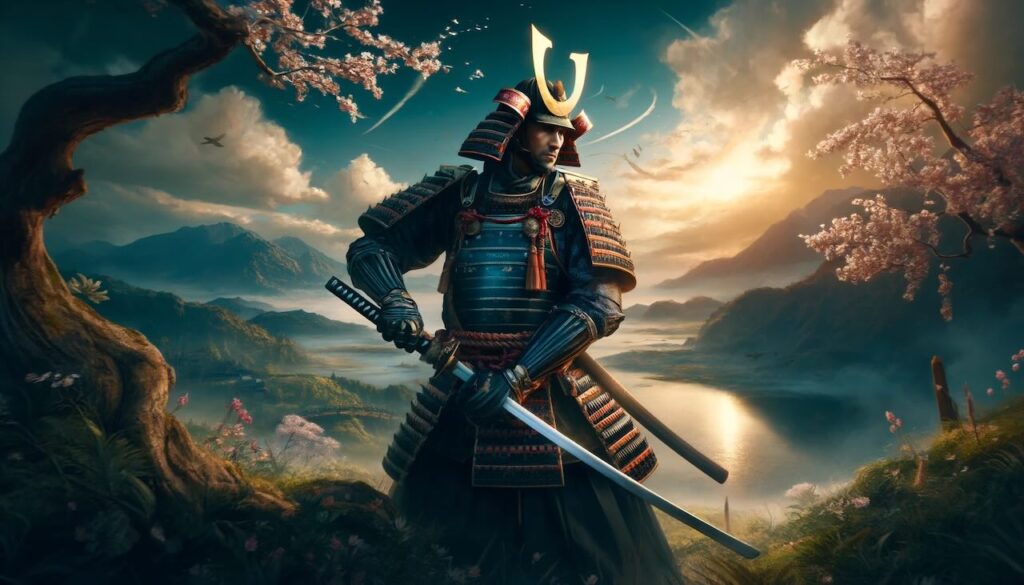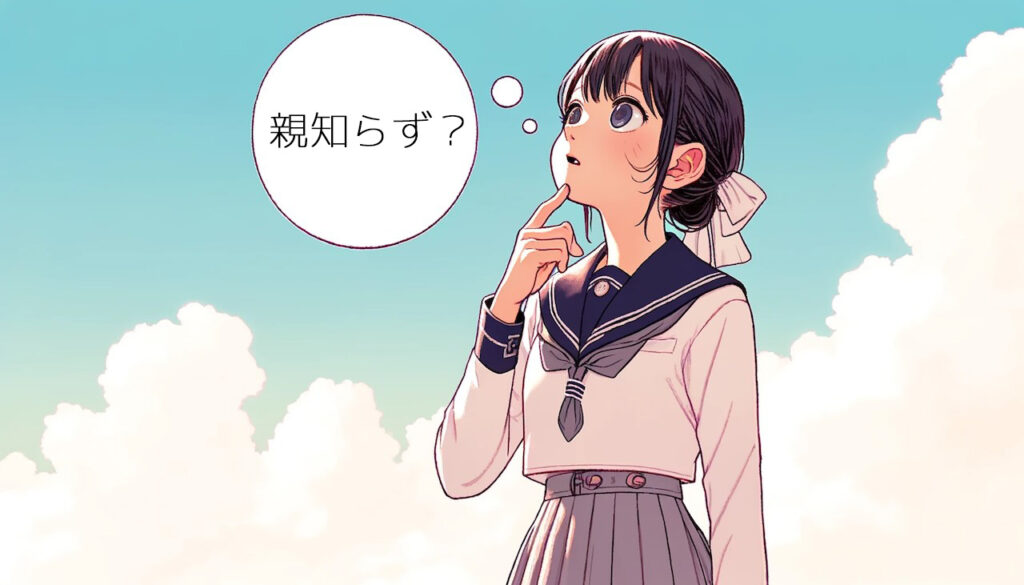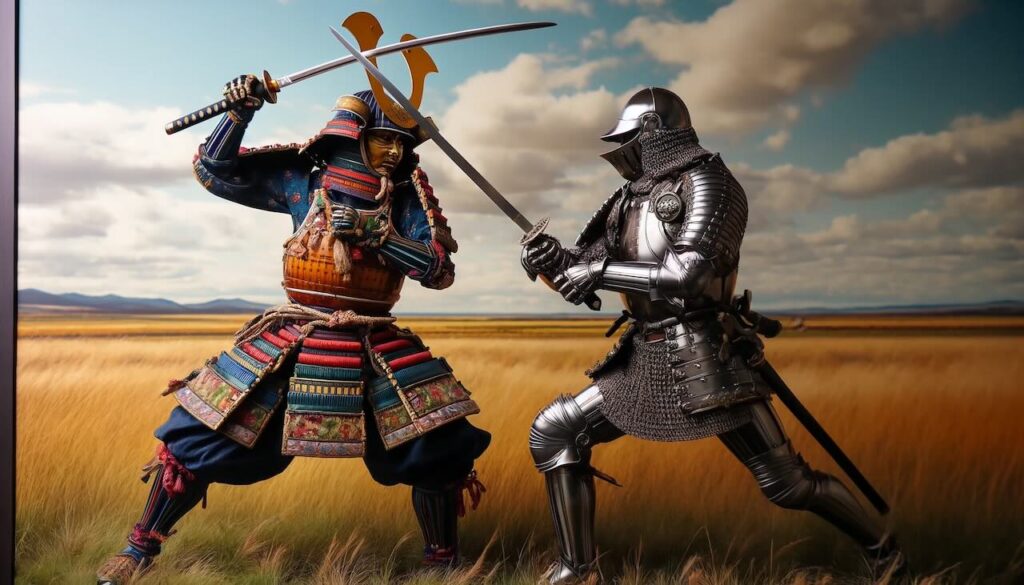When we think of the samurai, images of swordsmanship, discipline, and unwavering loyalty come to mind. But behind the armor and katana lies a deeper philosophy that shaped centuries of Japanese history—Bushido.
More than just a warrior’s guidebook, Bushido is a moral code that defined the ethos of the samurai and continues to influence Japanese culture today. Let’s explore its origins, core virtues, and relevance in the modern world.
What Is Bushido?
Bushido (武士道) translates literally as “the way of the warrior.” It is the ethical framework that guided Japan’s samurai class, who rose to power during the late Heian and early Kamakura periods (12th–13th centuries).
As warfare and feudal politics dominated the era, the samurai developed their own strict code of conduct—rooted in discipline, honor, and loyalty. Over the centuries, especially during the Muromachi (14th–16th centuries) and Edo periods (17th–19th centuries), Bushido was further refined into a coherent set of values.
The Core Virtues of Bushido
At the heart of Bushido are seven key principles, each representing a pillar of the samurai way of life:
1. Integrity (Makoto 誠)
Sincerity and truthfulness in words and actions. A samurai’s word was binding.
2. Justice (Gi 義)
The ability to make moral decisions based on what is right, not what is easy.
3. Courage (Yū 勇)
Not the absence of fear, but the strength to act in spite of it. Bravery in battle and in life.
4. Respect (Rei 礼)
Courtesy toward others, even opponents. True strength is tempered by grace.
5. Honor (Meiyo 名誉)
A samurai lived and died by their reputation. Protecting one’s name was paramount.
6. Loyalty (Chūgi 忠義)
Unwavering devotion to one’s master, family, or cause—even unto death.
7. Filial Piety (Kōkō 孝行)
Respect for parents and ancestors, emphasizing the importance of lineage and gratitude.
These virtues were not just ideals—they were lived values, instilled through training, tradition, and the example of past generations.
Bushido’s Influence in Modern Japan
Although the samurai class was officially abolished during the Meiji Restoration in the late 19th century, the spirit of Bushido lives on.
- In business culture, traits like integrity, loyalty to one’s company, and perseverance reflect Bushido values.
- In martial arts and sports, the code is echoed in the emphasis on discipline, respect, and humility.
- In everyday life, concepts like obligation, honor, and group harmony trace their roots back to Bushido.
Japanese schools, corporations, and communities still draw inspiration from this code, blending traditional ethics with modern responsibilities.
Conclusion: A Legacy of Honor and Discipline
Bushido is more than a relic of feudal Japan—it’s a timeless philosophy that continues to resonate in the modern world. Its teachings remind us that strength must be balanced by compassion, and that true courage lies in living with integrity.
Whether in the boardroom, the dojo, or daily life, the essence of Bushido continues to guide those who seek to live with honor, purpose, and unwavering discipline.


